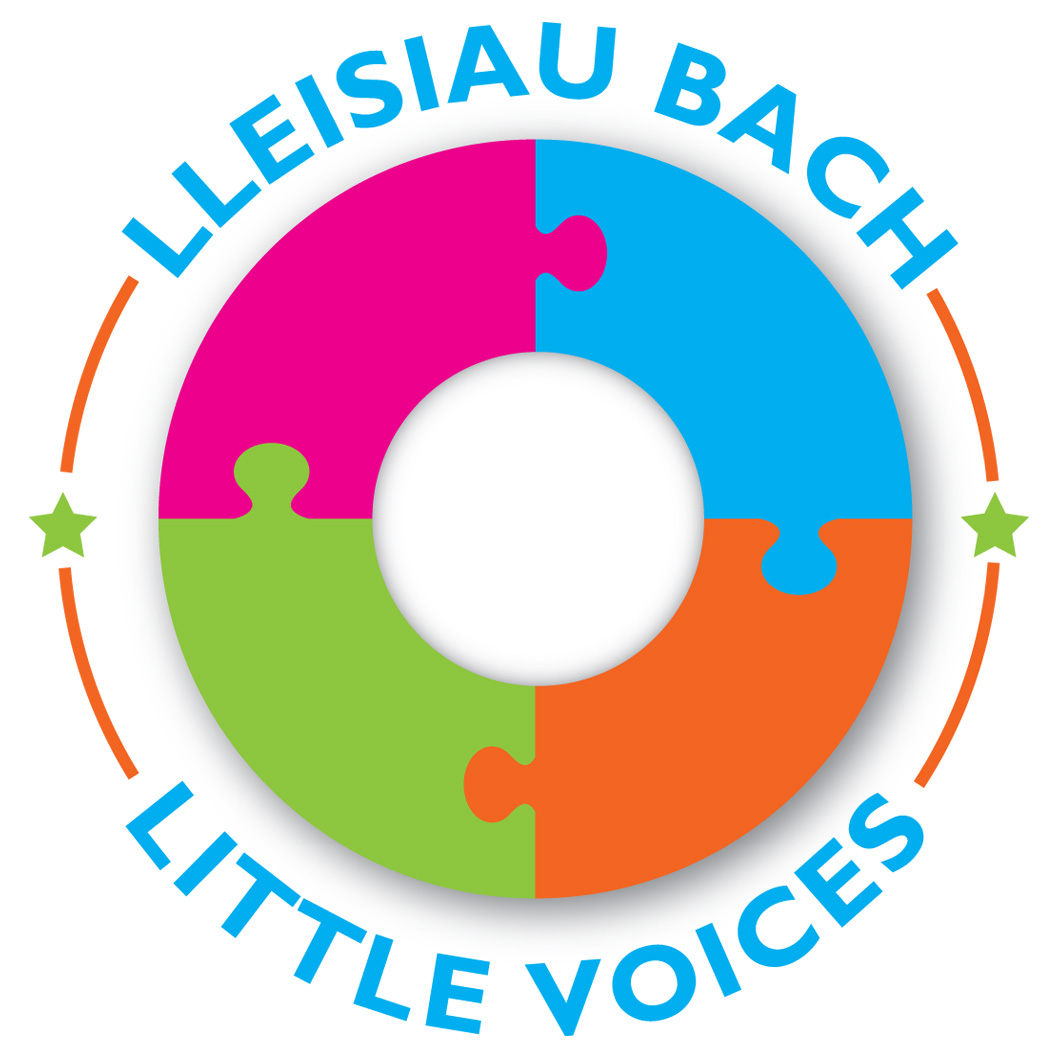Evaluation
Lleisiau Bach Little Voices is:
… an exemplary approach to involving young people … as active researchers, using research to reflect critically on issues that really mattered to them, and to communicate their findings to key decision makers. (National Coordinating Centre for Public Engagement, Engage Awards November 2016)
You can read the independent evaluation report on Little Voices Shouting Out (2014 – 17) here.
And the independent evaluation report on Little Voices Being Heard (2017 – 2020) here.
What Children Say

Consistently, in-project evaluations show children reporting that they think they have learned ‘a lot’ about children’s rights and research, that they think they have been taken seriously and listened to, and that they would like to learn more about children’s rights and the topics they have researched, with a strong preference for learning alongside adults, and they would tell other schools and children to get involved in a similar project.
‘I would like other children in other schools to hear about Little Voices, it really helps’
Your Title Goes Here
Your content goes here. Edit or remove this text inline or in the module Content settings. You can also style every aspect of this content in the module Design settings and even apply custom CSS to this text in the module Advanced settings.
What it was like…
‘having a laugh while learning – it turns out learning can be fun!’
‘I learnt that we ourselves can come up with projects’
‘I learnt that children have just as many rights as grownups and we can shout out for our own rights’
‘I liked how we used teamwork and collaboration’
‘Really fun’
‘Roarsome’
‘Awesome’
‘Best time ever’
‘I loved Little Voices’
‘Kindness is in your heart’
About the adults who got involved…
‘they didn’t interrupt’
‘they did our ideas’
‘they took in our ideas and thought about it’
‘their eyes were focused on us’
‘they all asked questions’
‘they talked and talked back to me’
‘they gave us help’
‘they listened’
‘they concentrated’
‘they said “good idea”’
‘When I told my dad he paused the TV’
[LBLV worker] ‘… wrote down everything we wanted in our work and poem’
‘they answered’
‘they focused on us’
‘they were quiet’
‘they asked questions’
‘Whenever we asked questions they answered us’
‘Let you talk about your ideas’
‘They looked at me’
‘eye contact
‘My loud voice’
‘She looked at me and listened to the things I said’
‘Wrote down what I was saying’
‘They responded and listened’
What school staff/governors say
‘more like KS4 work than KS2!’
‘the enjoyment, confidence and maturity of the pupils’
‘Actually being asked, “What is important to you?” has empowered the children’
‘many changes have been made and are continuing to be made with the help of the children’
‘knowledge and the confidence to shout out to adults and be heard’
‘raised their self-esteem and self-confidence’
‘more confident and eager to express their views’
‘[Pupils gained] understanding of research methodology, how they can influence change and a sense of ownership’
‘Pupil voice has become stronger … will influence the curriculum’
What NGO partners say:
‘not only gets children’s voices heard now, but also helps prepare them for a lifetime of active participation’
‘encourages independence and resilience, and develops self-confidence and ownership of learning and knowledge; soft skills essential for young people who have experienced difficulties with the education system in the past, and who might feel unwilling to re-engage in the future’
‘proof that by listening to the views of children and young people in Wales and involving them in making solutions to the problems they and future generations face, they can instigate significant change in terms of policy’
What professional researchers say:
‘highly effective in developing children’s skills as researchers and as advocates for evidence-based change… great potential for age-inclusive co-production of research within research organisations’
‘excellent ‘citizen scholarship’ in action!’
‘invaluable lessons and insight into the important process of including children as participants in research’
‘an essential part of the broader work of creating a more inclusive society via a meaningful engagement with children and young people’
‘a vital platform for demonstrating the importance of the inclusion of children as stakeholders in society, but also for establishing a non-tokenistic approach to the ways in which we engage with children’
